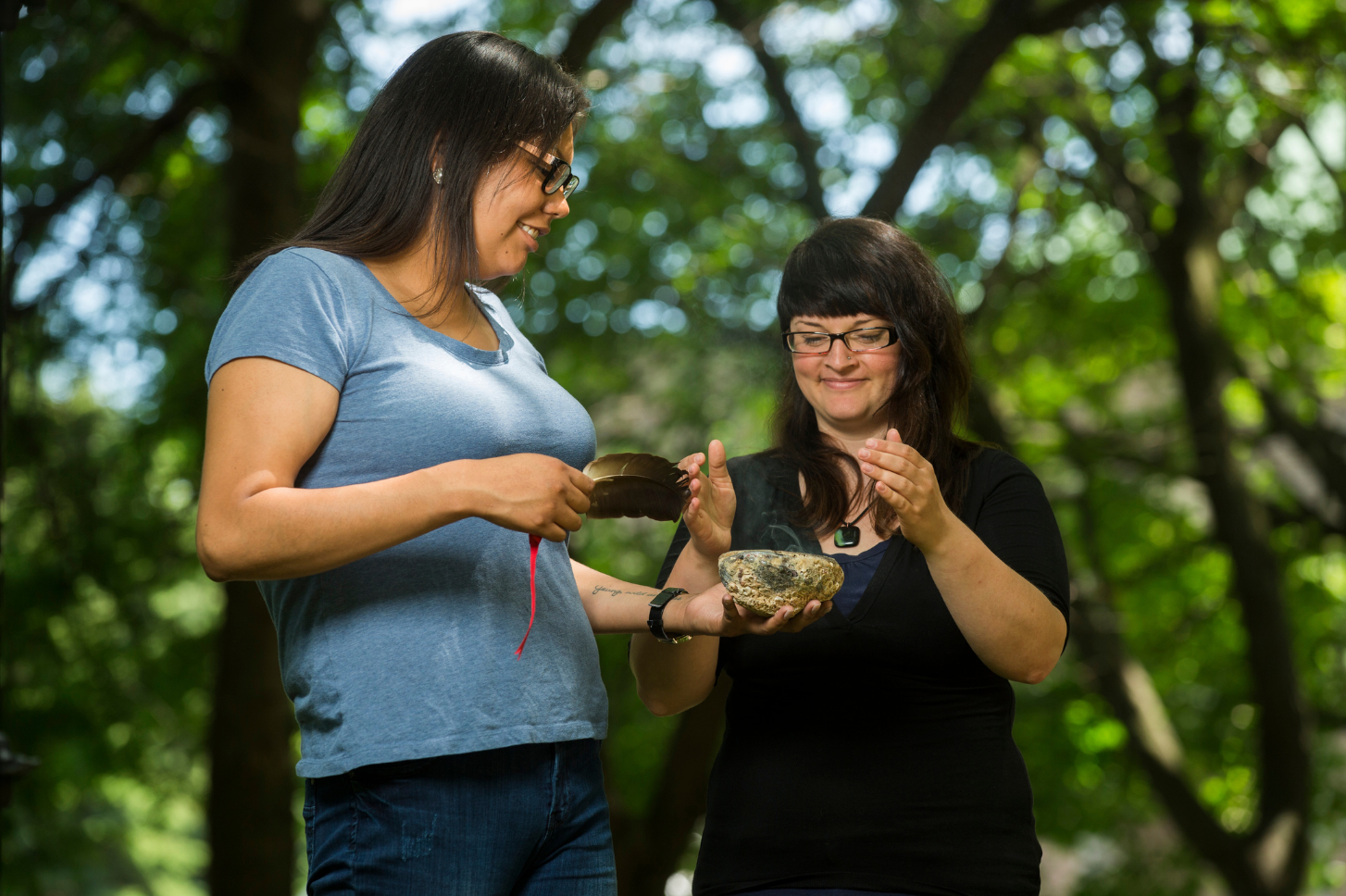
Note: Effective July 2, 2025 (Fall 2025), this certificate program has undergone curriculum changes. Students who registered before July 2, 2025, should refer to the archive calendar for their certificate requirements. Interested in switching to the new program requirements? Contact Client Services for details on how to make the switch at ce@torontomu.ca.
Explore the exciting world of publishing with a Publishing certificate
Working in publishing is a dream for many people. Why not make it your reality? At The Chang School we offer Canada’s largest and most flexible professional training program for the publishing industry. We’re also the only program to offer a part-time and fully online certificate, giving our learners maximum flexibility in getting their professional training and entering the industry at their own pace. You can finish the Certificate in Publishing in as little as one year, or take your time to complete it over as long as five years.
This program will teach you the skills and knowledge to succeed in publishing. We offer more than 25 publishing courses online that cover the latest in print and digital publishing, including overviews of industry sectors and skills-based training in editing; production and design; sales, marketing and publicity; literary rights management; and the business of book publishing. You can tailor your course selection to prepare for the career you’re most passionate about.
Networking is crucial in the publishing industry. Our instructors are all working professionals in publishing and they, along with our academic coordinators, are happy to act as mentors and provide guidance during the program and in the future as you build your career. (Since our program has been running since 1990, there are three decades of Publishing certificate alumni in the industry you can reach out to as well.) We’ll also share paid job opportunities and publishing internships with you.
Why not join the publishing life? Start your story anew.
Who should take this Publishing certificate?
- You’re looking for professional training for a career in the publishing industry
- You currently work in the publishing industry and want to advance your career
- You currently work in corporate, non-profit, or government communications where publishing skills are required
- You’re considering a career change and want to try some editorial or other publishing courses
- You’re interested in setting up a freelance editorial business
- You’re interested in self-publishing
What will you learn while taking the Publishing certificate?
You’ll learn about:
- The book publishing industry
- Industry sectors
- Editing
- Production and design
- Digital and online publishing
- Sales, marketing, and publicity
- Literary rights management
Certificate Requirements
- 2 required courses
- 4 39-hour* electives
- 2 19.5-hour courses are considered equivalent to 1 39-hour course
- Cumulative grade point average (GPA) 1.67+
*CKPM 217 is included in the 39-hour elective category and counts towards these requirements
Admission Criteria
Recommended:
● Undergraduate degree
OR
● 3-year college diploma
OR
● Mature student status with related professional experience and education
If you’re an undergraduate student in your final year, contact the academic coordinators at publish@torontomu.ca.
Frequently Asked Questions
Getting started
I’m interested in a career in publishing, but I don’t know which area to specialize in. Which courses should I take first?
Start by taking one of the two required courses: Trade Publishing (CDPB 100) or The Business of Book Publishing (CDPB 101). By the time you finish the course, you’ll have a better idea of where your talents and interests lie.
Which courses should I take if I know I want to be an editor? Do I have the foundation in grammar that I need to take Copy Editing (CDPB 102)? Should I consider taking Practical Grammar and Punctuation (CDPB 312) first?
To enter CDPB 102, ideally you’d score 80 or higher on the Diagnostic Grammar Test. This is a self-administered test to help you determine whether you need to take Practical Grammar and Punctuation (CDPB 312). This is a closed-book test. Give yourself 30 to 45 minutes to complete it. Once you’ve completed the test, you can review the solutions in the Diagnostic Grammar Test Marking Sheet.
If you score between 70 and 80 and decide to proceed directly into Copy Editing, review the grammar basics. (Check out Practical Grammar by Maxine Ruvinsky.)
If you score under 70, we highly recommend you take Practical Grammar and Punctuation (CDPB 312) before tackling Copy Editing (CDPB 102).
Eligibility and preparation
I work in corporate communications. Will your courses provide professional development for me?
Yes. Our courses that focus on copy and stylistic editing, production, design, and digital publishing may be particularly helpful to you.
I’m finishing my undergraduate degree and would like to start your program early. Can I do that?
You can, but before you do, consider the amount of additional work that you’ll be taking on for a Certificate in Publishing. Most of our courses require three hours per week of online time plus another three hours – often more. Many learners still completing their degree find themselves struggling with the additional workload.
I didn’t complete my university degree. Can I still register for the Certificate in Publishing?
Contact the academic coordinators at publish@torontomu.ca.
Internships and jobs
Do I have to complete the Certificate in Publishing before I apply for an internship?
No. Feel free to apply for a publishing internship as soon as you feel you have the professional skills to impress; this is usually after taking at least four courses. Note that there are different types of internships; editorial, production, and marketing are the most common.
Coursework, grades, and credits
How many courses should I take each term?
The number of courses you should take depends on your own schedule and energy level. We strongly recommend, based on years of learner experience, that learners who don’t have a job or internship take no more than four courses per term and that learners with full-time jobs or internships take no more than two.
This program is a part-time program, and once you have registered for the certificate, you have four years to earn the required credits, so there is flexibility if you have a part-time or full-time work, or other priorities.
How many hours a week of my time will each course require?
In addition to reading the weekly module, completing the exercises, and participating in the discussion, allow about four to five hours for readings and assignments, though you may find that some courses require more than that.
How large are the classes?
The maximum is 30 in the two overview courses and 25 in the skills-based courses. These limits ensure a close learner-instructor relationship and make it possible for us to employ the instructors we do.
Can I use credits from other programs or universities towards the Certificate in Publishing?
Yes. You may use one or two transfer credits from a program at another institution, as long as they’re credit courses with the same content and calibre as one of our courses, and don’t duplicate courses you’ve already taken with us. All transfer credits must be approved by the Publishing program academic coordinator. Contact the academic coordinators if you wish to inquire about transfer credits.
What is the recommended course sequence?
If you have no background in publishing, begin by taking either of the two required courses: CDPB 100 or CDPB 101. If you’re working full-time, you’re advised to register in no more than two courses per term.
Questions?
Contact Client Services ce@torontomu.ca



